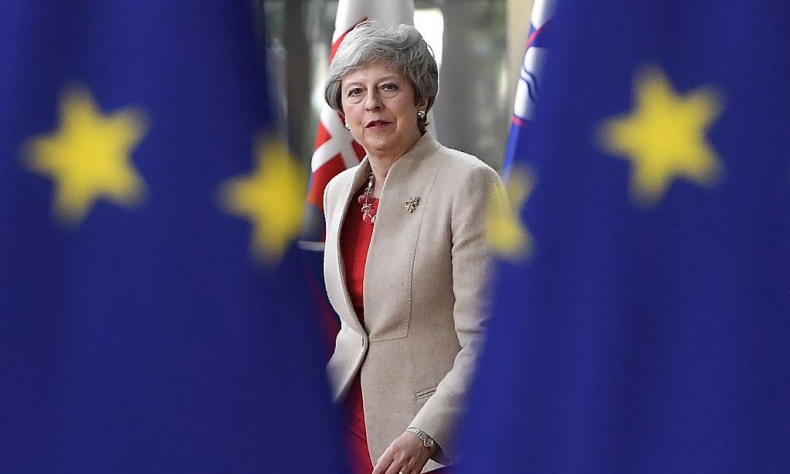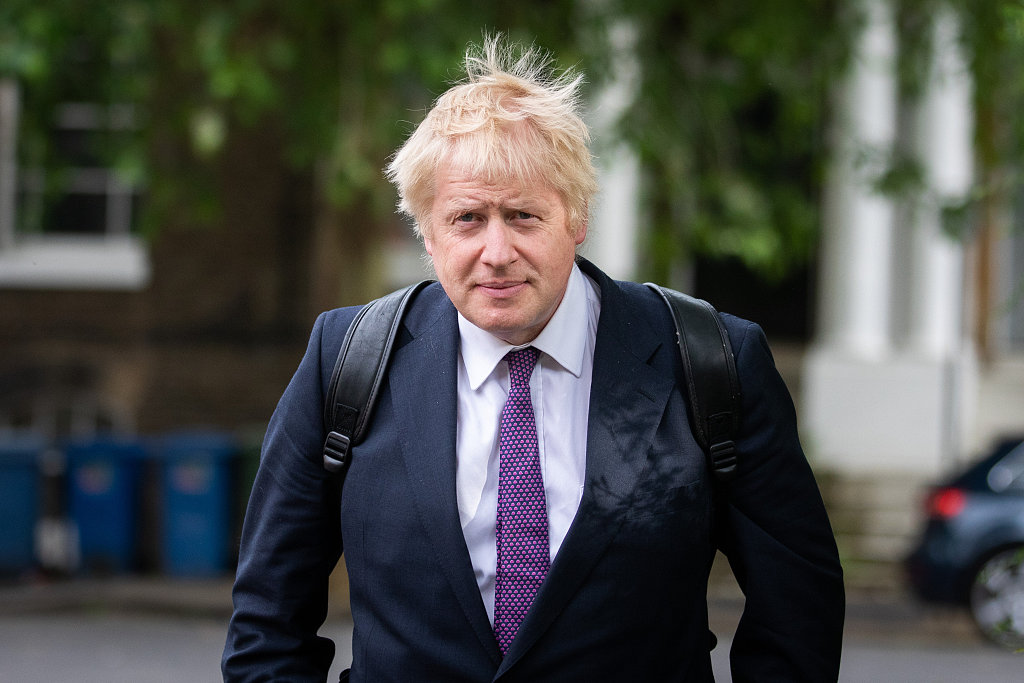
Brexit, Elections, and the EU – UK’s Convoluted Mess
Theresa May’s long-awaited resignation announcement opened the race for her successor.
British politics are in turmoil. The resignation of Theresa May as prime minister and Conservative Party leader and dramatic European Election results have combined to generate the perfect storm.
Theresa May’s long-awaited resignation announcement opened the race for her successor. In this election process, Conservative MPs must narrow the field to two candidates at which point party members will vote for their preferred candidate. There are plenty of candidates, but the front-runner is former Mayor of London and former Foreign Secretary, Boris Johnson, a man who has long coveted the top job.
The European Union elections in Britain saw the emergence of a new party – the Brexit Party. Founded in January, it is led by the main protagonist of the Brexit movement Nigel Farage. The Brexit Party won a whopping 32% of the votes in the EU elections, which became a sort of proxy second referendum on Brexit. Those frustrated with the prevarication, incompetence and parliamentary machinations surrounding Brexit swarmed behind Farage’s new party. This ate into the Conservative vote, which fell to just 9%.
Meanwhile, those vociferously opposed to Brexit in any form voted heavily for the Liberal-Democrats (20%) and the Greens (12%). Consequently, Labor lost voters to both the Leave and Remain camps and came in third with just 14%. The Scottish Nationalist Party (SNP) won 3.6% of the vote but commanded 38% of the vote in Scotland. The SNP combined nationalist sentiment with its pro-EU credentials.
With Labor’s poor showing in the EU elections, attacks on its leader Jeremy Corbyn have intensified. Most Labor MPs despise Corbyn, so a new Labor leadership contest cannot be ruled out. Corbyn stands accused of sitting on the fence by not throwing his weight behind Remain and a new referendum. However, this view misreads the significance of the EU elections. The vote was a proxy repeat of the 2016 referendum. It revealed the continued polarization of opinion around Brexit. Corbyn attempted to position Labor as a party representing the interests of the majority of both Leave and Remain voters, by emphasizing social and economic justice. However, obsession about national identity and associated cultural sensibilities have conquered the popular mood and side-lined debates on a socialist agenda. If a general election is called, Corbyn and Labor will do much better than in the EU elections, and so, could still form the next government.
The United Kingdom Independence Party (UKIP) took just 3.3% of the EU vote, having been replaced by the Brexit Party led by Nigel Farage. Farage was the UKIP leader from 1997-2016. He resigned and left UKIP as he felt it was moving too far to the right. When Farage led UKIP, its electoral gains came mainly from disgruntled Conservative voters. Each time UKIP advanced, Conservative leaders would draw from UKIP’s anti-immigration and anti-EU rhetoric and policy agenda. In the 2014 EU elections, UKIP won 27.5% of the vote and fared well in local elections too, which undermined the Conservative Party’s standing.

Although Johnson is the favorite to win the contest, Conservative Party MPs are notorious for defying expectations when selecting the final two candidates, so his victory is not guaranteed. What is certain is that a hardline Brexiteer is likely to win. Otherwise, the Conservative Party faces electoral extinction at the hands of the insurgent Brexit Party.
The Brexit Party has become the main avenue for voters to express their discontent with the paralysis in parliament. And its victory will stamp its mark on the Conservative leadership contest and subsequent Brexit negotiations. A no-deal exit is their preferred option and it will be difficult for any Conservative leader to justify an extension to the Brexit deadline beyond the present date of October 31. However, leaving without a deal is easier said than done.
The parliamentary arithmetic has been tested on multiple occasions since December 2018. There is no majority for anything that will advance a Brexit resolution: Parliament opposed Theresa May’s existing deal, rejected any no-deal departure, opposed a new referendum, and blocked a general election. Paralysis remains the default position in Westminster.
To win back Brexit Party voters, it would seem logical for a new Conservative leader like Boris Johnson to adopt as tough a stance as possible vis-à-vis the EU. Then, when new negotiations with the EU fail, he could call a general election hoping to ride home to victory on a “Britain stands up to the EU” ticket.
Heiko Khoo is a columnist with China.org.cn.
Opinion articles reflect the views of their authors, not necessarily those of China Focus.
 Facebook
Facebook
 Twitter
Twitter
 Linkedin
Linkedin
 Google +
Google +










